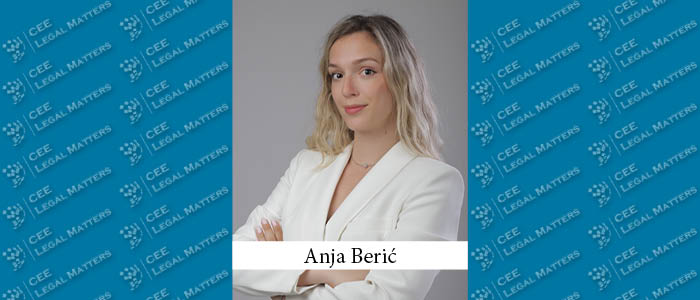Although not recognized in domestic legislation for a long time, freelancers finally saw a resolution to their long-standing battle for legal recognition of their status by the end of 2022. Amendments to the Law on Personal Income Tax (“Law”), which followed months of protests and negotiations with relevant authorities, officially established and regulated the status of this category of workers. This legal framework now clearly defines their rights and obligations in a transparent manner.
A freelancer is considered any individual who earns income in the Republic of Serbia by providing specific services and is not registered in any form recognized by domestic laws. In practice, this group often includes teachers, translators, IT experts, photographers, as well as individuals providing more traditional services like painters or craftsmen. On the other hand, freelancing is not an option available to traders, as trading activities can only be conducted by legal entities or entrepreneurs registered with the Business Registers Agency.
The new rules placed freelancers in the category of taxpayers who are self-taxed, which means they do not receive a tax decision issued by the tax authority by official duty. Instead, they are required to independently calculate and report their income, on which legally defined tax rates and contributions will apply.
Income that is subject to taxation and on which contributions are calculated is income from copyright and related rights, as well as income for work performed, on which tax is paid through self-taxation.
When it comes to the specific amounts freelancers need to pay, there are two taxation models they can choose between. It’s important to note that all amounts are for quarterly periods, not monthly or yearly.
In other words, obligations towards the state are determined four times a year, at the end of each quarter.
- The first model is more favorable for freelancers earning lower incomes. Specifically, if opted for the first model, a freelancer is entitled to recognized expenses up to 103,296 dinars (amount subject to change), and income up to that amount is not taxed, nor are contributions paid on it. If a freelancer earns income exceeding this threshold, income exceeding this amount will be subject to a tax rate of 20% and contributions for pension and disability insurance (“PDI”) at a rate of 24%.
- The second model is more favorable for individuals with higher incomes and also involves the recognition of standard costs but at a different rate – 62,300 dinars increased by 34% of the earned income. Anything above this amount is taxed at a rate of 10% and subject to payment of PDI contributions at a rate of 24%. However, if a freelancer does not earn income exceeding this threshold, there is no obligation to pay taxes, but contributions are still required; in this case, the rate is applied to the minimum base for PDI contributions, which equals three times the lowest monthly contribution base established at the national and annual levels.
When it comes to contributions for health insurance and unemployment insurance, slightly different rules apply:
- If a freelancer is covered by health insurance through another basis (such as being employed or being an entrepreneur), there is no obligation for additional calculation and payment of health insurance contributions. Otherwise, health insurance is paid under the same principle for both models, applying a rate of 10.3% to taxable income, or (if income is lower than the amount of standard costs), on three times the monthly contribution base, which is determined annually by the competent statistical authority, and amounts to 15% of the average monthly salary in the previous year.
- Contribution for unemployment insurance is not paid under either of the selected models.
According to the rule that freelancers’ obligations are determined quarterly, it should be noted that freelancers have the right to change their chosen tax model each quarter. Additionally, it’s important to note that even freelancers who do not earn income exceeding the recognized cost amounts are required to declare taxes. Therefore, tax reporting is a requirement irrespective of income level – even minimal income must be reported through the freelancer portal, which was launched when the new regulations came into effect.
By legally recognizing freelancers as a distinct category of workers, a significantly more secure and transparent environment has unquestionably been established for all individuals operating outside traditional employment forms. This not only promotes the development of industries characterized by freelancing but also enhances communication and collaboration between citizens and authorities. Overall, this contributes significantly to the domestic economy and economic growth.
This article is for informational purposes only and does not constitute legal advice. If you need further information, please feel free to contact us.
By Anja Beric, Senior Associate, PR Legal


